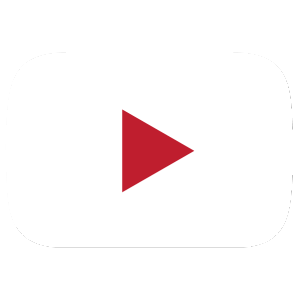Personality Profiling
“The most difficult thing in life is to know yourself.” – Thales
"I’m a huge advocate in the benefits of Personality Profiling tool in helping individuals understand themselves better and through that, be able to utilise their power and strengthen the results they can achieve." - Andy
I am dedicated to empowering change, igniting passion, and achieving outstanding results
for individuals, teams & organisations.
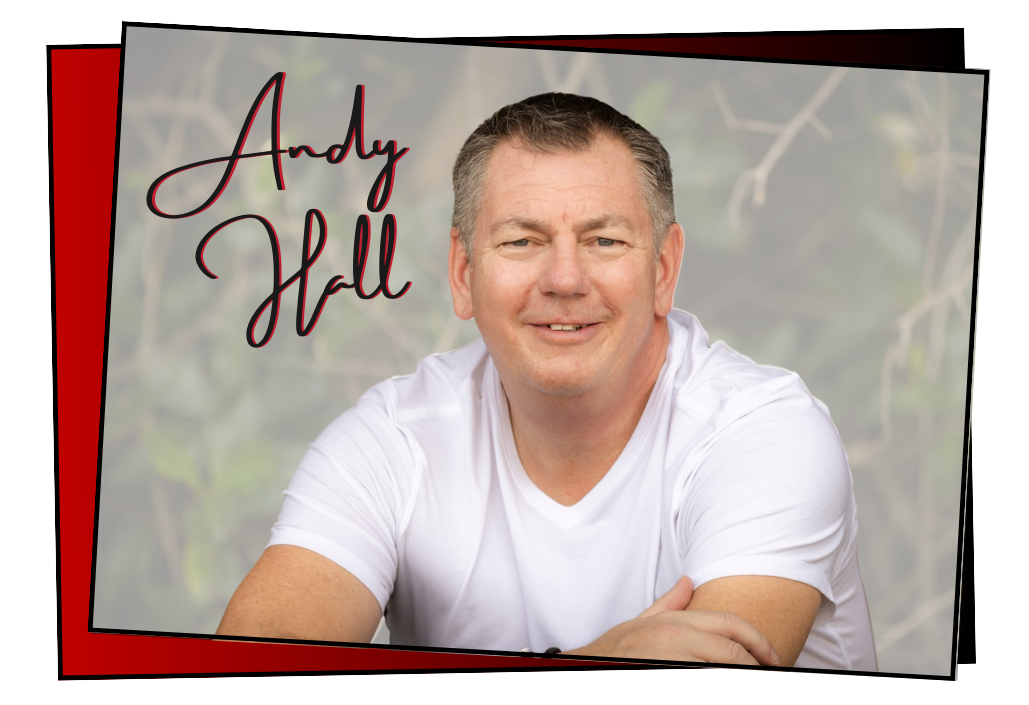
Self-awareness is the ability to see ourselves clearly, understand who we are, how others see us, and how we fit into the world.
Now that may sound pretty daunting and perhaps it is. However, self-awareness is the lead domino in creating the life and relationships we all want.
All transformation begins with self-awareness. If you want to be a better mother, father, coach, speaker, or any other role in life it begins with greater self-awareness.
Studies show that self-aware people are more confident, stronger communicators, perform better at work and have better relationships.
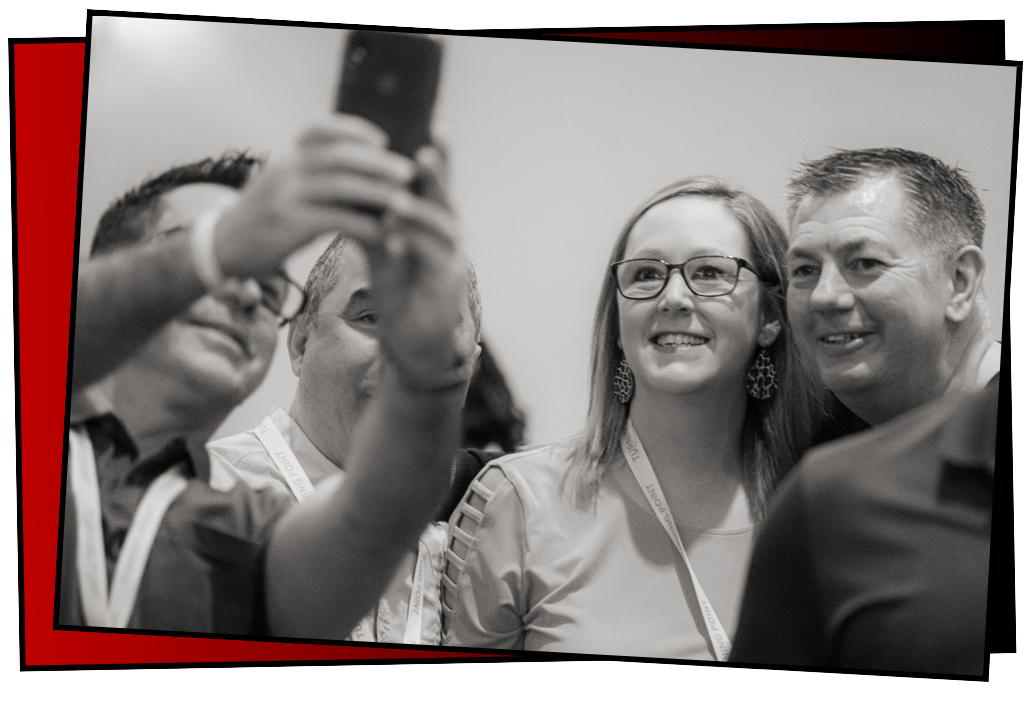
How Do We Increase Self-Awareness?
Personality profiling is designed to help you to better know yourself, as well as provide you with insight on how you can grow yourself.
Using personality profiles can help inform us on how people are likely to respond to their environment. It can also help with the individual’s development, choice of job role and their best fit within their working environment.
One of the greatest benefits in using profiling is that of personal development and team working.
Profiling assessments look at the personality preferences we have. We all have preferences, for example most of use prefer to use one hand rather than the other when we write something, but having a preference doesn’t mean that you can’t do things in a different way. If you are left-handed, you can probably write with your right hand if you need to. In the same way, we all have preferences when it comes to our personality.
The History of Personality Profiling
The principles are not new. In fact, they are rooted in ancient history and have been developed in modern psychology.
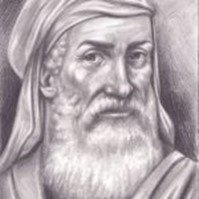
Empedocles, a Greek philosopher in 444 BC, talked about four elements – earth, air, fire, and water. He recognized that people were different and behaved in a way that was influence by these four elements.
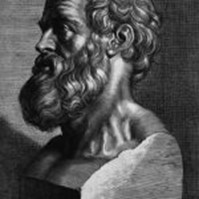
Then, in 400 BC, Hippocrates developed the theory that each of us are affected by four internal fluids and identified them as choleric, sanguine, phlegmatic, melancholy.
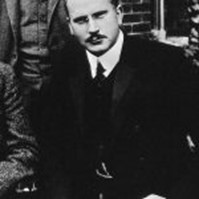
In 1921, Carl Jung developed this even further and identified that an individual’s behavior can be looked at in four distinct categories, which he identified as thinking, feeling, sensing, and intuition.

This began to help identify and categorize human behaviours and Katherine Briggs and her daughter Isobel Myers developed this further during World War II, creating the Myers Briggs Type Indicator – MBTI.
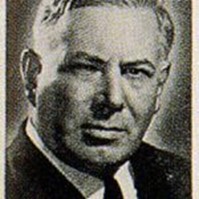
Meantime in 1928, Dr. William Marston identified his DISC theory, which was published in his book, Emotions of Normal People. His DISC theory identified that, while each of us is a combination of all four of these categories, we can connect our personality to style in varying degrees in these four areas: dominant, influencing, steady, and compliant.
Personality Profiling in Practice
People are complex. Everyone we encounter is motivated differently, communicates differently, and views tasks and relationships differently.
Behaviour has reasons, not causes – and if we understand the reasons why, we become increasingly empowered.
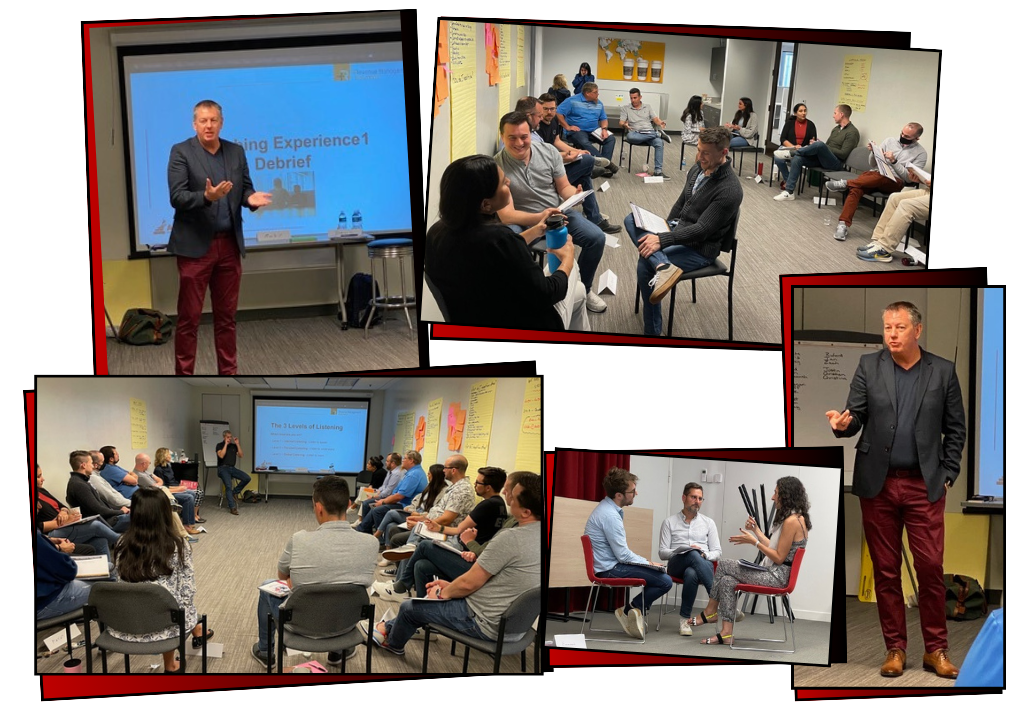
The differences between DISC & MBTI
(Myers-Briggs Type Indicator®)
Both DISC and MBTI are assessment tools that provide insight into personality and behavior. Both are widely respected and used by individuals, organizations, institutions and corporations worldwide. There are, however, a few notable differences between DISC and MBTI:
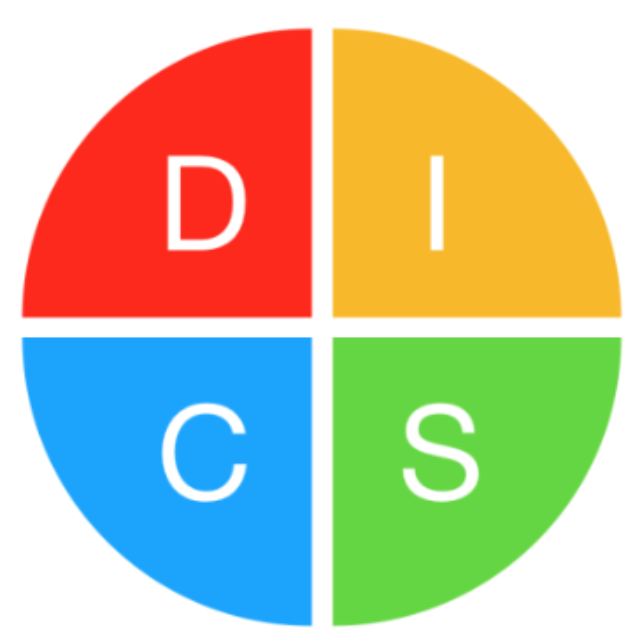
The DISC assessment is shorter in length typically 24-30 questions.
DISC focuses primarily on four dominant behavioural types:
Dominance Influence
Steadiness Conscientiousness
DISC more open to the possibility that different situations and environments might bring out different behavioural traits in an individual.
DISC measures how personality translates to external behaviour.
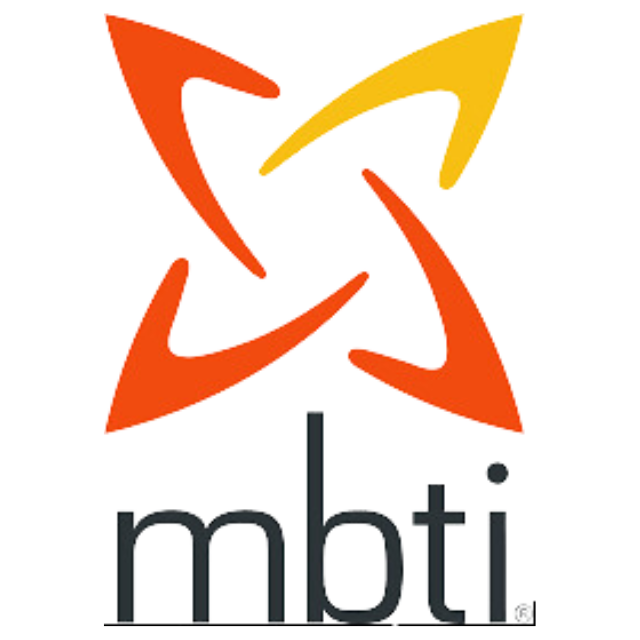
Most MBTI tests are up to 90 questions.
MBTI sorts individuals into 16 four-letter types:
Extraversion / Introversion
Sensing / Intuition
Thinking / Feeling
Judging / Perceiving
MBTI assumes that personality is fixed and unlikely to change
MBTI is largely an indicator of how people think internally
Andy is a qualified MBTI Type 1 & 2 Practitioner and he is also a Certified DISC Trainer.
He can provide individual and group reports, feedback and workshops as well as coaching to support the growth and development of individuals and teams.
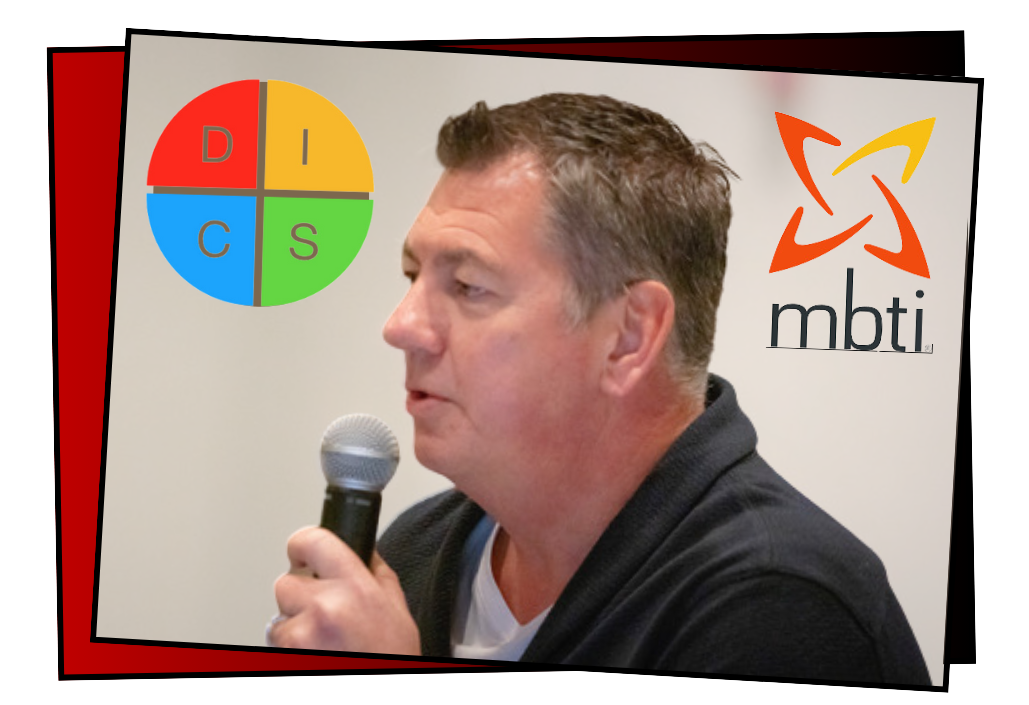
Bespoke Program Design
Leader as a Coach will create a Coaching culture in your business that will:
We create a bespoke program, building on a core outline, and designed with you and your business in mind.
We recommend a 12-month program for your most senior leaders.
It can be delivered in 6 or 9 months, but it risks feeling rushed and people development is a transformational journey, not a race!
Why 12 months?
Short-term programs lack reinforcement: there is insufficient time to overcome the resistance to change and to promote a continuous learning culture
Short-term programs do not give the time to embed the learning, to practice ‘getting good’, and to build confidence within the team
A 12-month program provides continued engagement, providing high challenge and high support
A 12-month program provides a powerful message to your leaders that you are investing in them
Program Outline
We begin by introducing delegates to the Coaching fundamentals and how a Coaching Culture will change the organization. We work through a bespoke toolkit of content in support of this.
We then have further interactions and interventions through the program, where we continue practicing and developing the newly-learned coaching skills.
We include some vital leadership and personal growth components including Feedback, Objective Setting, Personal Development Plans and Self-Awareness.
A 12-month program provides a powerful message to your leaders that you are investing in them
We close out the program with a two-day certification and celebration workshop where each delegate is assessed and signed off as a Leader As a Coach.
Program Outline
We begin by introducing delegates to the Coaching fundamentals and how a Coaching Culture will change the organization. We work through a bespoke toolkit of content in support of this.
We then have further interactions and interventions through the program, where we continue practicing and developing the newly-learned coaching skills.
We include some vital leadership and personal growth components including Feedback, Objective Setting, Personal Development Plans and Self-Awareness.
A 12-month program provides a powerful message to your leaders that you are investing in them
We close out the program with a two-day certification and celebration workshop where each delegate is assessed and signed off as a Leader As a Coach.
Program Delivery
A program of 9 individual lessons of content which can be delivered in 6 full days, incorporating teaching, practice, live demos, Q&As and sharing experiences
We recommend that content is delivered along the following lines:
2-day kick-off session - face to face
Half-day session - virtual
Full day session - face to face
Half-day session - virtual
2-day closing session – face to face
celebration event
Additional monthly ‘Action Learning groups’ through the year are important to maintain momentum and engagement, and to embed the learning
There is flexibility within the recommended structure to incorporate some bespoke or company-specific teaching content. (At least 15 practice sessions is required for every individual.)
Program Delivery
A program of 9 individual lessons of content which can be delivered in 6 full days, incorporating teaching, practice, live demos, Q&As and sharing experiences
We recommend that content is delivered along the following lines:
2-day kick-off session - face to face
Half-day session - virtual
Full day session - face to face
Half-day session - virtual
2-day closing session – face to face, with celebration event
Additional monthly ‘Action Learning groups’ through the year are important to maintain momentum and engagement, and to embed the learning
There is flexibility within the recommended structure to incorporate some bespoke or company-specific teaching content.
At least 15 practice sessions is required for every individual.
Let me serve you through . . .
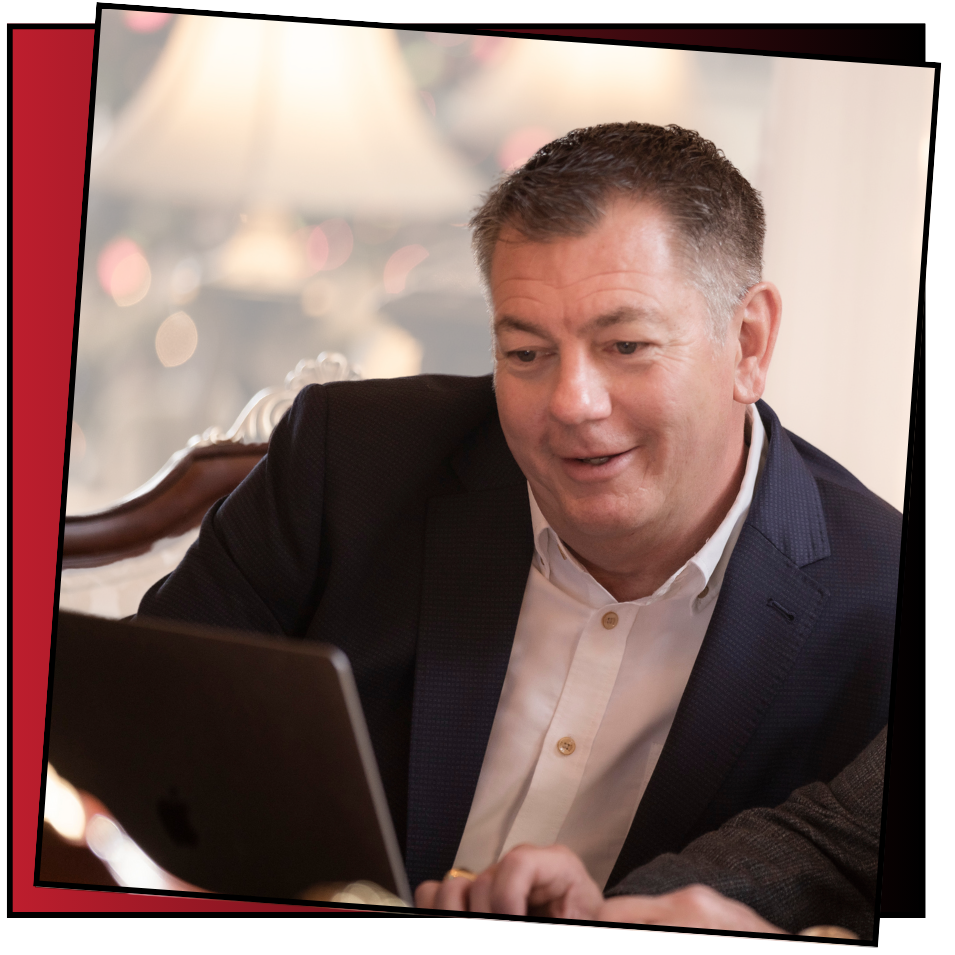
Coaching
"Until you make the unconscious conscious, it will direct your life and you will call it fate." - Carl Jung
Coaching is transformational.
Coaching is a unique and powerful relationship.
The Coaching process brings greater empowerment and resourcefulness to an individual, creating lasting change.
Coaching addresses the performance gap - the gap between what a person knows and what they do.
Through one-to-one Coaching I help individuals truly think, and through that ... significantly improve their performance, achieve their goals, overcome obstacles and enhance their overall effectiveness and most importantly, positively change their results! Find out more . . .
Enabling Leaders to Coach
"Coaching is unlocking a person’s potential to maximize their own performance. It’s helping them to learn rather than teaching them." - Tim Gallwey
If we continue to do what we’ve always done, we will keep getting the same results.
Developing Leaders to Coach empowers teams and develops trust, confidence, and self-belief. Asking team members Coaching questions gets them to reflect, to think deeper and better.
With a full curriculum including certification on completion, your team can will feel valued, learn and enjoy new skills, enhanced awareness, and deliver significantly improved results. Find out more . . .
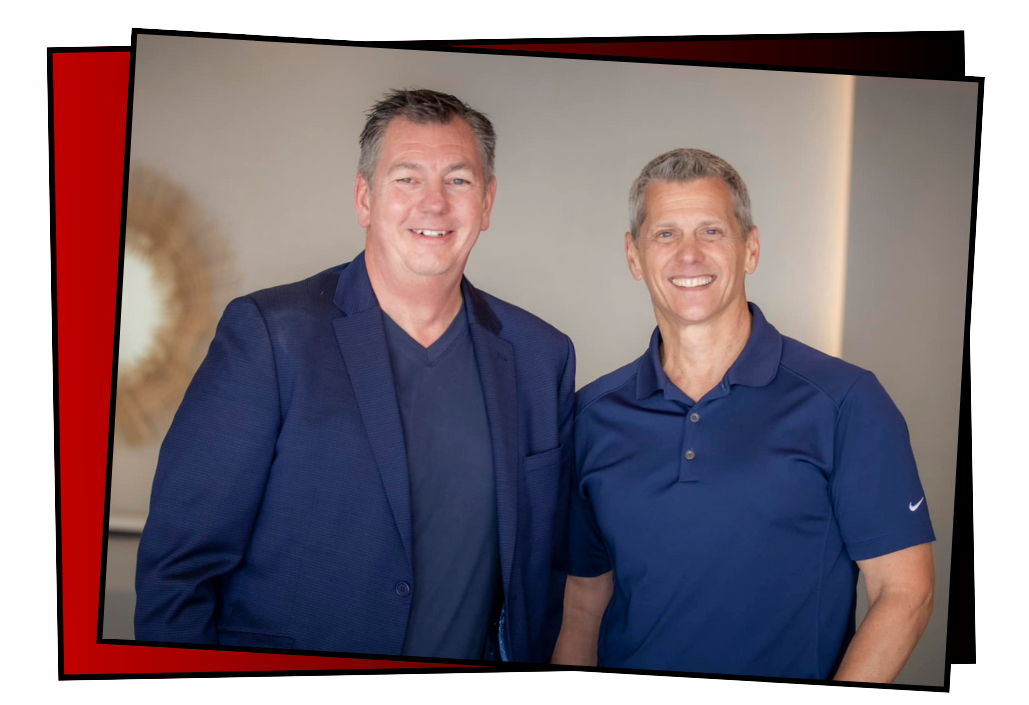
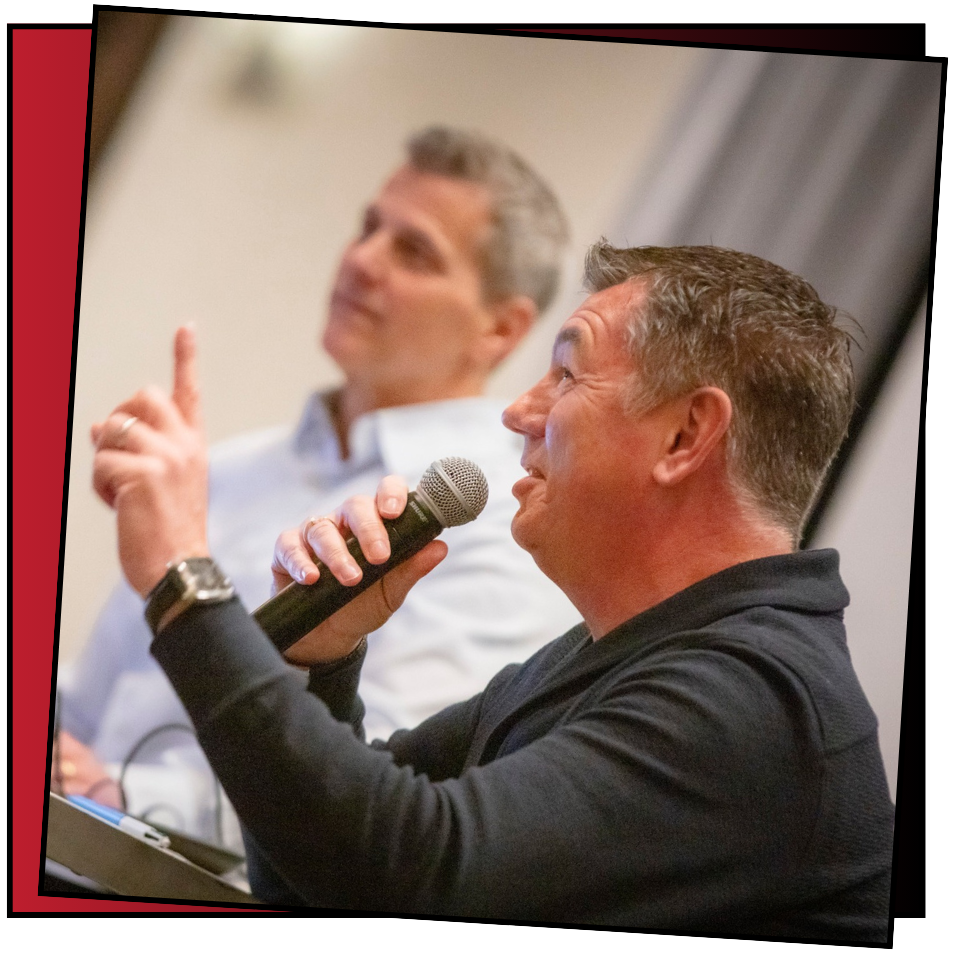
Leadership Training
"Don't build a business, build people,
then the people build the business". - Zig Ziglar
You need to be in the ‘Human potential’ business!
Research carried out by the Carnegie Institute of Technology discovered that 85% of the financial success of a business is due to skills in ‘human engineering’, and just 15% is due to technical knowledge.
I help you to leverage that technical knowledge through the development of your leaders and teams, inciting a passion to achieve more and motivating them towards high performance. Find out more . . .
Personality Profiling
“The most difficult thing in life is to know yourself” - Thales
One of the greatest benefits in using profiling tools is in service of personal development and stronger team working.
Personality profiling is designed to help you to better know yourself, as well as provide you with insight on how you can grow yourself.
I am a qualified MBTI Type 1 & 2 Practitioner and a Certified DISC trainer, and I love seeing the impact that these tools can provide. Find out more . . .
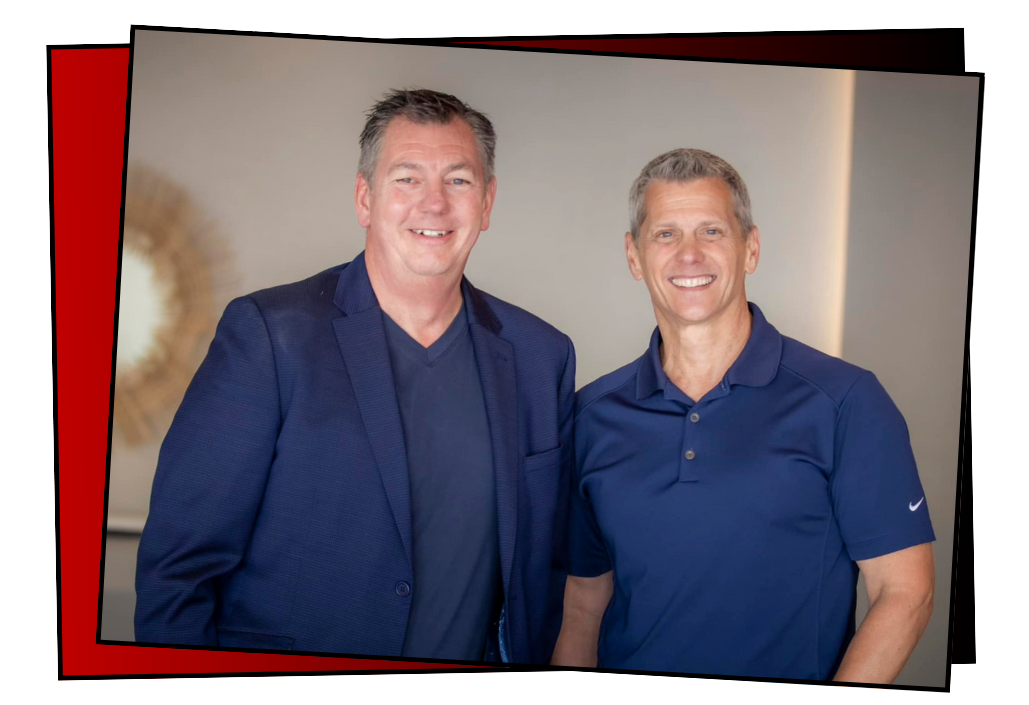
Leader As A Coach will . . .
Foster team engagement by aligning personal goals with organizational objectives.
Improve communication skills and encourage collaboration for better teamwork and outcomes.
Create a work environment for increased satisfaction and employee retention.
Inspire leaders and teams to reach their full potential and achieve better results.
Develop active listening skills, open dialogue, and create a safe environment.
Focus on individual growth with clear goals, and support for professional development.
If we continue to 'manage' in the way we always have,
we will always get the results we have always got.
We Work Alongside You Every Step of the Way
We begin by introducing delegates to the Coaching fundamentals and how a Coaching Culture will change the organization. We work through a bespoke toolkit some of which includes.
A Coaching Model for Success.
Sharing how great leaders ask great questions.
Creating the opportunity to Coach, which for many is the first time.
We then have further interactions and interventions with your leaders, where we continue practicing and developing the newly learned Coaching Skills.
Learn the power of feedback and a model for success, and practice how to give feedback well.
Assess how each delegate is developing as a Coach.
Further leadership skills designed personally for your team, addressing where the gaps are at this stage of the program for each delegate.
We close out the year with a two-day certification and celebration workshop where each delegate is assessed and signed off as a Leader As A Coach.
Personal Development plans are assessed and re-established.
Objectives are set for the year ahead.
Personal Development plans are created.
We embed new beliefs about the potential and share an exclusive AHC awareness teaching

In total, 6 full interactive days with your team, in-person, virtually or a combination of the two, to suit the needs of your business.

Our team will also send a thought-provoking question or article to all delegates, via email, each week for 52 weeks

In addition, monthly 90-minute 'Inner Circle' group Zoom calls to share additional teaching content incorporating discussions and shared learning.
FAQS
How does life coaching differ from therapy?
While both life coaching and therapy aim to support personal growth, they have distinct approaches. Therapy typically focuses on addressing past traumas, emotional healing, and diagnosing mental health conditions. On the other hand, life coaching is forward-focused, centered around setting and achieving goals, enhancing performance, and unlocking potential. If you're seeking to overcome specific challenges from your past, therapy might be more suitable. If you're looking to create a roadmap for personal or professional success, life coaching could be the right fit.
How often are coaching sessions conducted?
Coaching sessions frequency can vary based on your needs and preferences. Typically, we recommend starting with weekly sessions to establish momentum and make consistent progress. As you gain confidence and traction towards your goals, sessions might transition to bi-weekly or monthly. The flexibility of our approach ensures that the coaching frequency adapts to your evolving requirements, ensuring optimal support and accountability.
What if I'm unsure about my goals and direction?
It's completely normal to feel uncertain about your goals and direction. Our coaching process begins with an initial assessment where we'll work together to clarify your aspirations, values, and priorities. Through insightful questioning and exploration, we'll collaboratively uncover your passions and potential areas for growth. If you're not entirely sure about your goals, our coaching can help you gain clarity and chart a course that aligns with your authentic self. Remember, the journey towards clarity is an integral part of the coaching process itself.
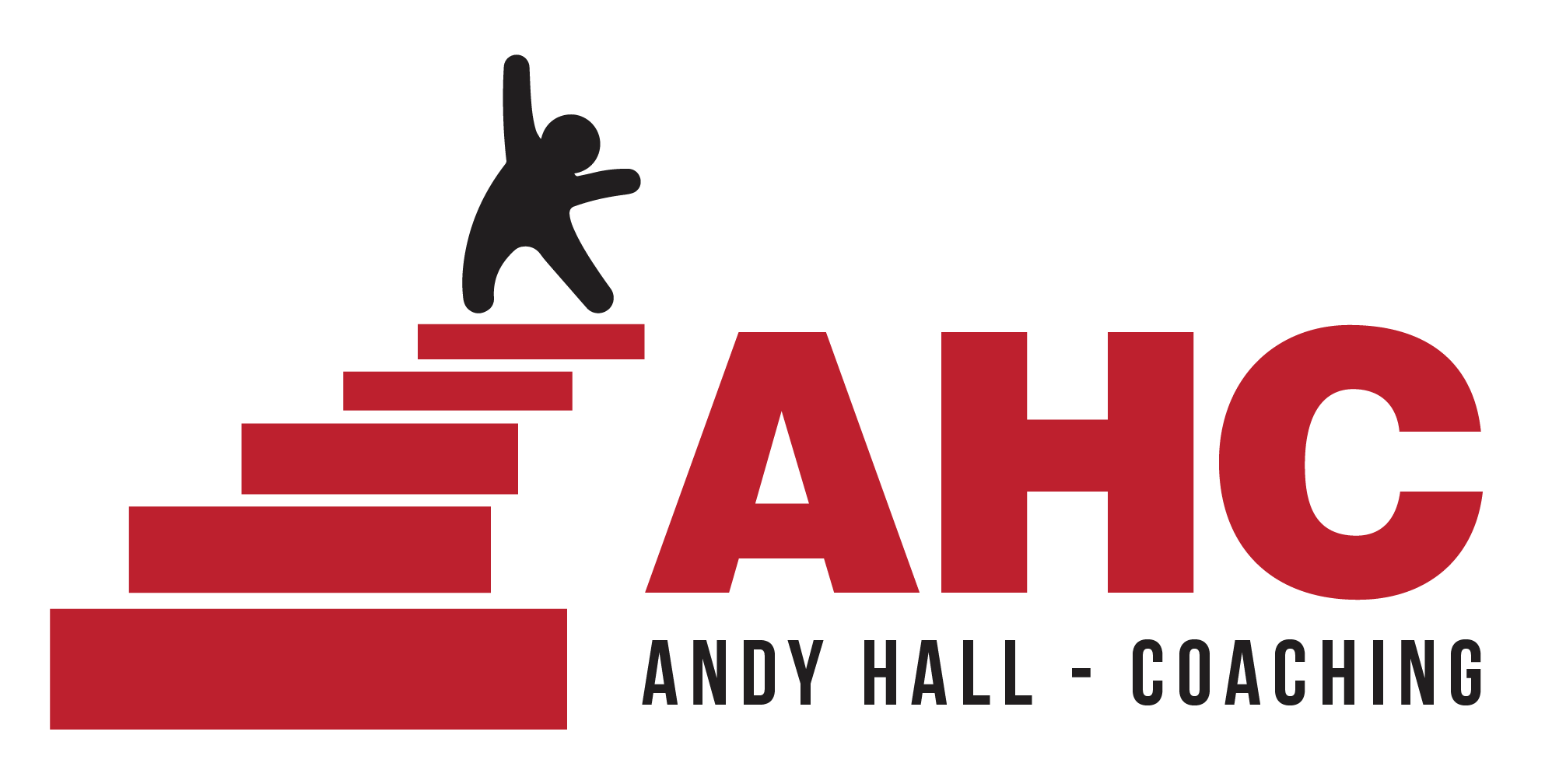
Connect with Me on
SOCIAL MEDIA






